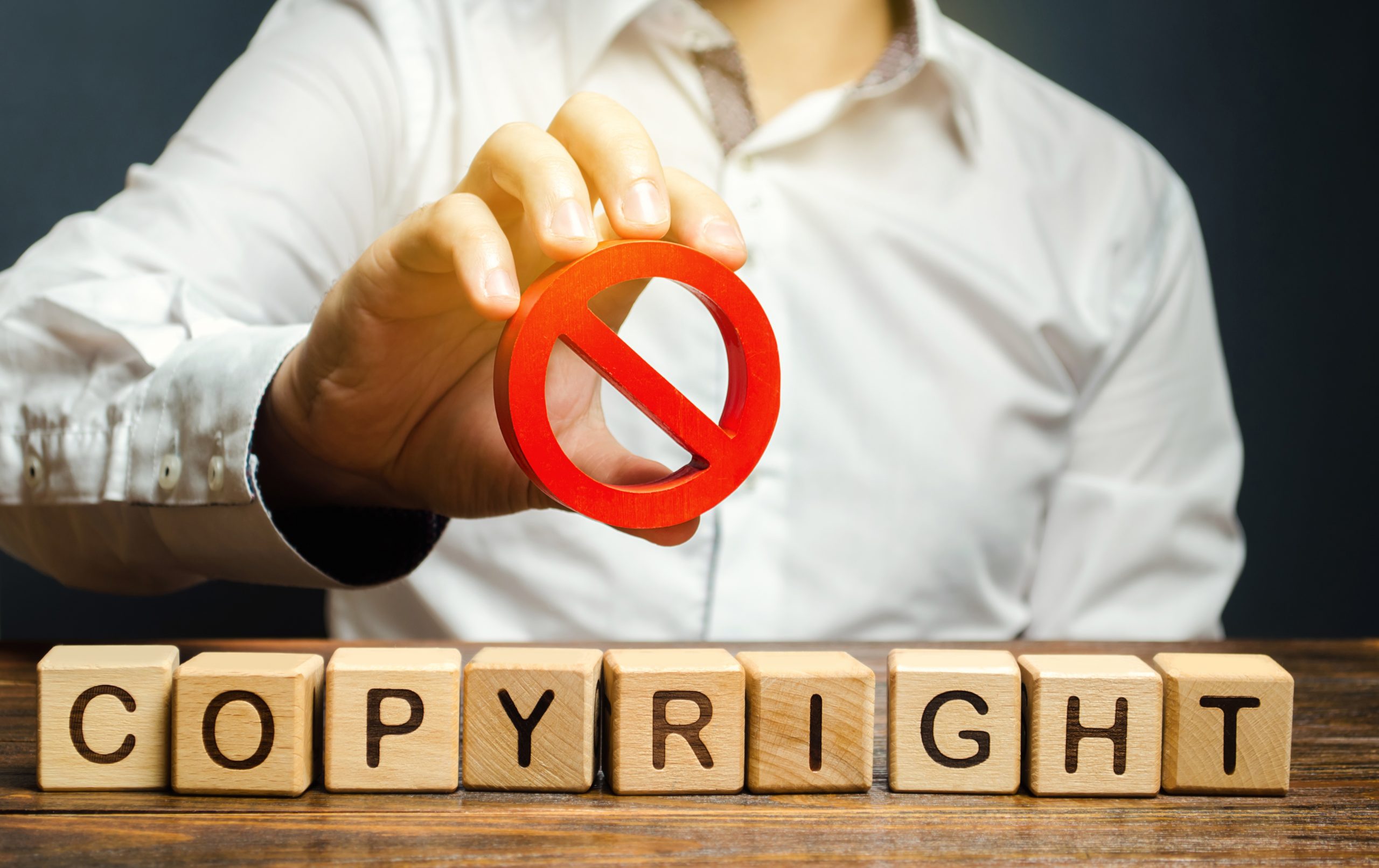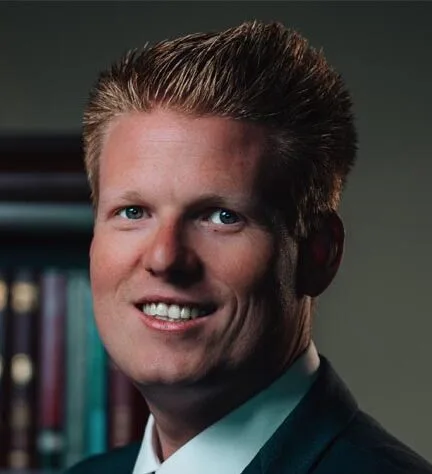
What is a copyright?
A copyright is a form of protection granted by the United States federal government which applies to an original work of authorship fixed in a tangible medium of expression. 17 USC 102(a). For something to be protected by copyright, it must be: (a) original; (b) a work by an author; and (c ) fixed in a tangible medium of expression.
A work is “original” if it was independently created by the author (as opposed to copied from some other source) and possesses even a minimal degree of creativity. Feist Publications, Inc. V. Rural Telephone Service Co., Inc., 499 U.S. 340, 345 (1991).
While an author can be an individual, a group of individuals, or an organization or a company, an author cannot be an animal or a machine. For example, a monkey taking selfies of himself is not the copyright holder to those photographs, because a monkey cannot be an author under the United States Copyright Act. Naruto v. Slater, 888 F.3d 418 (9th Cir. 2018).
Under the United States Copyright Act, 17 USC 101, a work is “fixed” in a tangible medium of expression when its embodiment in a copy of phonorecord, by or under the authority of the author, is sufficiently permanent or stable to permit it to be perceived, reproduced, or otherwise communicated for a period of more than transitory duration. A work consisting of sounds, images, or both, that are being transmitted, is “fixed” for purposes of this title if a fixation of the work is being made simultaneously with its transmission. For example, fireworks in the sky are not fixed in a tangible medium of expression because the medium of expression changes too quickly to be perceived for more than a “transitory duration”. However, if you took a photograph of fireworks in the sky, now that photograph can be perceived for a longer and more stable period of time. Thus, the photograph is a medium of expression upon which the firework expression can be fixed for a sufficient enough duration to be protectable by copyright.
What are some things which are not protected by copyright?
Ideas which have not been expressed in a tangible medium of expression are not protected by copyright. For example, if you had a great idea for a television show, and then that television show was created, you could not sue for copyright infringement because your idea, without being expressed, would not be protectable by copyright. Further, even if you had talked about this idea with a friend, and someone overheard your conversation and “stole” your idea, you did not express your idea in a tangible medium of expression, and so it was not protected by copyright.
While facts are not protected by copyright, the specific organization, arrangement, or compilation of facts might be, if they are organized and arranged in an original way. Mathematical formulas are not protected by copyright. Brand names are protectable by trademark, not by copyright. Inventions and discoveries are normally protected by patents, not through copyrights, although the way in which the discovery or invention is expressed may be protected by copyright. For example, while the creation of the smartphone is protected by several dozens if not hundreds of separate patents, a written story about how the smartphone was created, or a video showing how the smartphone was created, may be protected by copyright. Expressions which are now in the public domain are no longer protected by copyright. Works in the public domain are works of art where the copyright has lapsed. When a work of art is in the public domain, anyone can use, reproduce, show, or copy the work. For example, while you can reproduce or copy the play Romeo & Juliet and try to sell it for commercial purposes, you cannot stop anyone else from doing the same thing, either.
Who is “in charge” of copyrights?
The copyright protection is originally derived from the United States Constitution, specifically, Article I, Section 8, Clause 8, sometimes commonly referred to as the “Intellectual Property Clause” or the “Copyright Clause.” The portion of the Clause states, “The Congress shall have the power to…promote the progress of science and useful arts, by securing for limited times to authors and inventors the exclusive right to their respective writings and discoveries.”
The United States Copyright Office processes copyright applications and registers copyrights if and when the application is successfully completed. However, even when a registration is complete and the copyright now comes clothed in a presumption of legitimacy, the registered copyright can still be challenged in a court of competent jurisdiction. Because copyrights are protected by the United States federal government, and because the United States Copyright Act pre-empts any potential state copyright law, copyright actions are exclusively brought in federal Article III courts. In Florida, that would mean a copyright action would likely begin in either the Nothern, Middle, or Southern District Court depending upon where the infringement(s) occurred.
What does a copyright do?
Pursuant to 17 USC 106 of the United States Copyright Act, a copyright gives the copyright holder a limited-duration monopoly to copy or reproduce the copyrighted work, to display or perform the work publicly, and to create derivatives based upon the work. For a limited period of time, the copyright holder is the only person legally able to exercise these rights, and thus, to profit off of the work. For example, if you took an original photograph of goats traveling down a road in Sicily, if you were the copyright holder, you would have the exclusive right to display the photograph publicly, to sell copies of the photographed work, and to creative derivatives of the work (I.e. change it from colored to black and white, put the photograph on a t-shirt, etc.).
How do I get a copyright?
Once you fix the work in a tangible medium of expression, you have the copyright. Some limited forms of copyright protection are automatically created once the work is created. However, it is very important to register the work with the United States Copyright Office. Registration is required before anyone can sue to enforce a copyright or to sue someone for copyright infringement. Registration can be done through the United States Copyright Office, at https://www.copyright.gov/registration/.
If you have any legal questions about securing a copyright or are considering taking legal action in regards to copyrights, call Boatman Ricci at 239-330-1494.
* * * * * * * * * *
THIS BLOG IS INTENDED FOR GENERAL INFORMATION PURPOSES ONLY. IT DOES NOT CONSTITUTE LEGAL ADVICE. THE READER SHOULD CONSULT WITH KNOWLEDGEABLE LEGAL COUNSEL TO DETERMINE HOW APPLICABLE LAWS APPLY TO SPECIFIC FACTS AND SITUATIONS. BLOG POSTS ARE BASED ON THE MOST CURRENT INFORMATION AT THE TIME THEY ARE WRITTEN. SINCE IT IS POSSIBLE THAT THE LAWS OR OTHER CIRCUMSTANCES MAY HAVE CHANGED SINCE PUBLICATION, PLEASE CALL US TO DISCUSS ANY ACTION YOU MAY BE CONSIDERING AS A RESULT OF READING THIS BLOG.
#BoatmanRicci #Lawyers #Copyright #Authorship #Infringement


